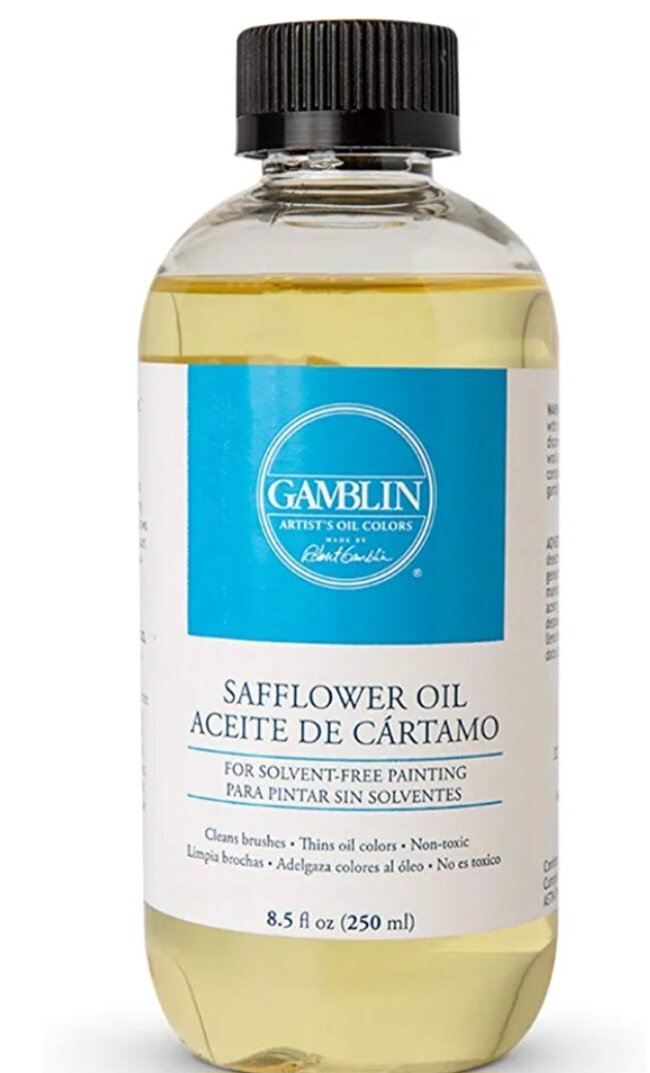When I started painting with oil paint over 20 years ago, we learned one way to clean our brushes: use lots of turpentine. In art school, turpentine was used in the painting studio the same way calculators were used in the math class. Need to thin your paint? Use turpentine. Need to clean your brushes? Use turpentine. The smell alone was enough to kill a baby sheep. Turpentine can cause shortness of breath, dizziness, kidney damage, and bleeding of the lungs just to name a few.
It is no wonder oil painting got such a bad reputation for being an unhealthy medium. Many artists, including Bob Ross, got very sick from over exposure to turpentine. When I talk with most artists who paint with acrylic, their main reason for not switching to old is because “oils are to toxic.” I am here to tell you not only is that wouldn't inaccurate, but that oil painting can be one of the healthiest mediums of paint out there. You just need to know what to use with it.
While most art stores sell “healthier” alternatives to turpentine that are now odorless, they still have the same negative health effects. Just because it said”odorless” first mean it doesn't still create a toxic fume.
Outside of being so bad for our health, turpentine is also very bad for our brushes. Think of your own hair for a second. If you use harsh cleaners or dies in your hair, after time it will start to stiffen and get split ends. Brushes do the same thing. If they are cleaned too often with turpentine they will start to become more stiff and out of contro For cleaning bushes, there is one main thing that I have found to be the most effective.
Cleaning your brushes with oil not only will get the oil paint out but also kee the hairs in your brush healthy and last longer. I have some Rosemary Brushes that have been used for years that are just as maluable as the day I got them. I like to use walnut oil since it is also the medium I use when painting. In the long run, this method is much more cost effective than buying turpentine since it will drastically increase the longevity of your brushes.
Another great cleaner and medium to use. The reason I put Walnut Oil and Sunflower Oil towards the top is they won't cause your paints to yellow over time like linseed oil.
This is by far the cheapest way to clean your brushes if you choose to use oil. I would just prefer to use a paper towel to really try to remove any excess oil since this would cause your paints to yellow over time.
After your brush is clean:
Cardboard and Paper Clips:
To keep the shape of your brush after it is clean, you will need something that can secure the hairs of your brush for at least 24 hours to prevent the brush from using it's shape. If you cut up strips of cardboard and fold them in half, they can be used to hold the ends of your brushes together (pretent the cardboard is an alligator mouth biting the end of your brush). Use a clip on the cardboard to keep it secure, and walla! Your brush is not only clean but secure to keep it's shape.







